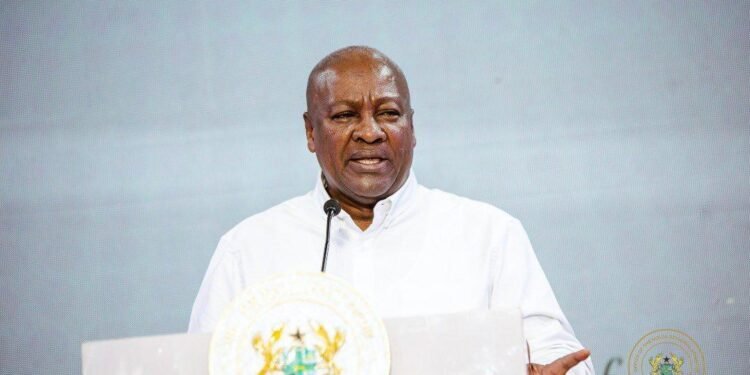Government’s next treasury bill (T-bill) auction is scheduled for Friday, June 23, 2023. The auction aims to raise a total face value of GH¢2.20 billion across the 91-day to 364-day tenors. This comes as the government faces an upcoming rollover obligation of GH¢2.088 billion due on June 26, 2023.
According to Government, for the purpose of satisfying the demand for funding and preserving market stability, the auction must be conducted successfully.
Market observers noted that the concentration on short-term financing, such as T-bills, may have implications for yield dynamics.
The preference for short-term instruments, as disclosed by government, can put upward pressure on yields as investors demand higher returns for the perceived risks associated with shorter maturities.
This trend, it said, has the potential to extend the recent uptick in T-bill yields, making the upcoming auction a crucial test of investor sentiment and appetite for shorter-dated government securities.
Amidst these developments, the recent inflation data for May 2023 bucked the trend of continuous decline, raising concerns among market participants.
However, analysts believe that this uptick in inflation is likely temporary and can be attributed to the pass-through effects of utility tariff hikes and new revenue measures. As such, the May 2023 inflation print may not significantly alter the near-term yield dynamics for T-bills.

T-Bills Auction Saw 20.34% Undersubscription Amid Rising Yield
The Bank of Ghana’s Treasury bills auction worth a substantial GH¢3,790.00 million experienced an unexpected turn as it faced a modest demand, ultimately falling short by 20.34% of its target.
This undersubscription raised concerns and pointed to the prevailing sentiment among investors. At the end of the auction, T-bills worth GH¢2,394.83 million, GH¢521.12 million, and GH¢99.79 million were accepted for the 91-Day, 182-Day, and 364-Day bills, respectively.
The undersubscription, indicating subdued investor appetite, is an intriguing development within Ghana’s financial landscape. With an acceptance rate of 99.89%, it is evident that the Treasury bills auction failed to attract significant interest.
In terms of yield movement, the 91-Day and 182-Day bills recorded notable gains in their respective yields, with increases of 42 basis points (bps) and 102 bps. The 91-Day T-Bills settled at a yield of 21.69%, while the 182-Day T-Bills settled at 24.97%. Meanwhile, the 364-Day T-Bills observed the highest yield gain of 109 bps, settling at 28.91%.
These yield adjustments are indicative of the perceived risk and reward dynamics within the market, and they offer insights into investors’ expectations for short-term and long-term interest rates.
The yields’ upward trajectory in the shorter-dated Treasury bills signified an increased demand for short-term, more liquid instruments, likely driven by risk aversion and a desire for capital preservation.
In contrast, the longer-dated 364-Day T-Bills experienced a relatively smaller yield gain, suggesting a higher risk appetite among investors willing to lock in their funds for a longer duration.
Looking ahead, the Bank of Ghana has set a target of GH¢2,202.00 million for the next auction, designated as Tender #1856.
Read also: Afreximbank Annual Meeting Enters Day 2, Participants Call for More Intra-African Trade























